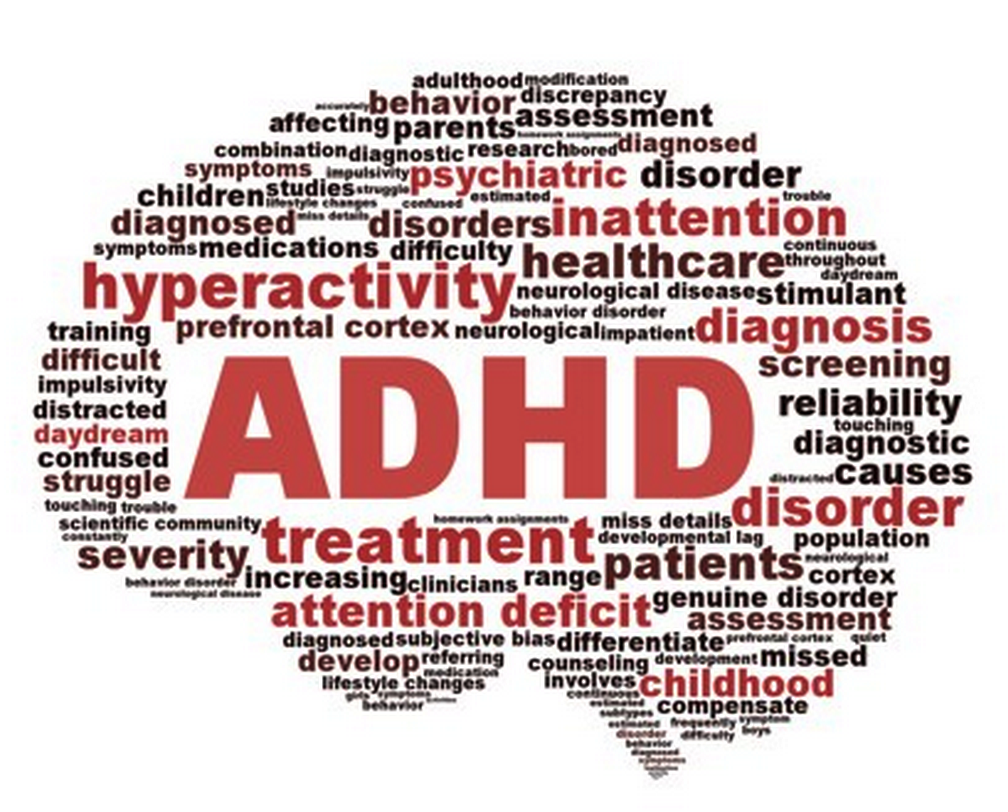Autism: Anti-cancer drug may improve social behavior | Mental Health
 Mental Health | New research....suggests that an anti-cancer drug may be able to reverse social impairments associated with autism.
Mental Health | New research....suggests that an anti-cancer drug may be able to reverse social impairments associated with autism.
How might an anti-cancer drug help to treat the symptoms of autism?
Mental Health | In a paper now published in the journal Nature Neuroscience, the investigators report how low doses of romidepsin, a drug approved in the United States for the treatment of lymphoma "restored gene expression and reversed social deficits" in a mouse model of autism.
Autism spectrum disorder (ASD), which is a developmental condition, affects behavior, social interaction, and communication.
Statistics that were compiled in the U.S. suggest that 1 in 68 children have ASD and that it is around four to five times more common in boys than in girls.
Although it is possible to diagnose the disorder at age 2, most diagnoses of ASD are not confirmed before the age of 4.
The economic costs in the U.S. for children with ASD are estimated to be in the range $11.5 billion to $60.9 billion.
- Low doses 'reversed social deficits'
Of all the challenging and devastating symptoms that accompany ASD, difficulty interacting with others and forming relationships is particularly upsetting and there is currently no effective treatment.
The new study is thought to be the first to show that it may be possible to alleviate this primary symptom of ASD by targeting a large number of genes associated with the disorder.
- How an autism gene mutation alters brain development
Mutations in the CHD8 gene may trigger autism by their influence on brain development and cognitive functioning.
"We have discovered," says senior study author Zhen Yan, who is a professor in the Department of Physiology and Biophysics, "a small molecule compound that shows a profound and prolonged effect on autism-like social deficits without obvious side effects"
This, she believes, is particularly important because "many currently used compounds for treating a variety of psychiatric diseases have failed to exhibit the therapeutic efficacy for this core symptom of autism."
In their study, Prof. Yan and her team found that 3 days of treatment with low doses of romidepsin "reversed social deficits" in mice with a deficient SHANK3 gene, which is a known risk factor for ASD.
The reversal in social deficits lasted for 3 weeks, from juvenile into late adolescence — which is a critical period in mice for developing communication and social skills and is equivalent to several human years.
- This indicates that a similar treatment might be long-lasting in humans, suggest the researchers.
This new study builds on previous work with mice by Prof. Yan and team that showed how loss of SHANK3 disrupts the n-methyl-D-aspartate receptor, which helps regulate emotion and cognition. The disruption caused problems in communication between brain cells and led to ASD-related social deficits.
To measure social deficits in the mice, the scientists placed them in controlled environments where they could assess their preference for social stimuli (such as interacting with another mouse) versus preference for non-social stimuli (such as exploring an inanimate object).
The researchers showed how romidepsin was able to reverse the social deficits by restoring the function of genes through an epigenetic mechanism. Epigenetic mechanisms are genetic processes capable of switching genes on and off and altering their expression without changing their underlying DNA code. Prof. Yan says that previous studies have suggested that epigenetic alterations may have a major impact in ASD.
Prof. Yan says that previous studies have suggested that epigenetic alterations may have a major impact in ASD.
There are several ways that epigenetic mechanisms can alter gene expression without changing their DNA. For example, they can silence genes by attaching chemical tags to their DNA.
However, Prof. Yan says that the main epigenetic mechanism at work in ASD is one that remodels the structure of chromatin, which is the complex of DNA and the packaging proteins that help to compress it into the nucleus of the cell.
"The extensive overlap," notes Prof. Yan, "in risk genes for autism and cancer, many of which are chromatin remodeling factors, supports the idea of repurposing epigenetic drugs used in cancer treatment as targeted treatments for autism."
One of the important results of the new study is that it shows that it might be possible to target a large number of ASD-related genes with just one drug.Romidepsin is a histone modifier, which is a type of compound that alters the proteins, or histones, that help to organize the DNA in the nucleus.
The drug "loosens up the densely packed chromatin," Prof. Yan explains. The result is to restore gene expression by making the genes more accessible to the molecules that translate their instructions.
With the help of genome-wide screening, the researchers found that romidepsin restored gene expression in the majority of the 200-plus genes that were silenced in the autism mouse model used in the study.
"The advantage of being able to adjust a set of genes identified as key autism risk factors may explain the strong and long-lasting efficacy of this therapeutic agent for autism.”

